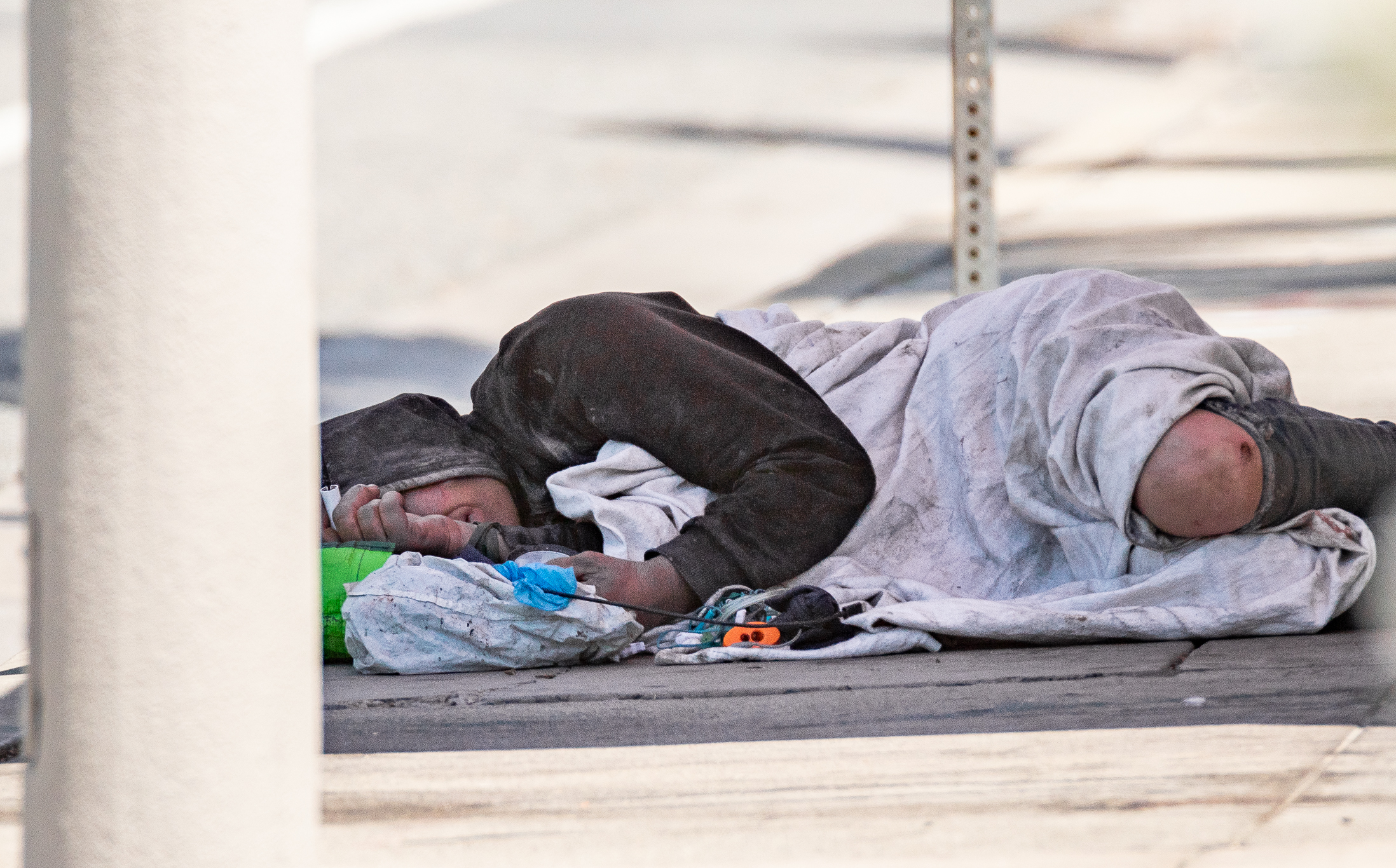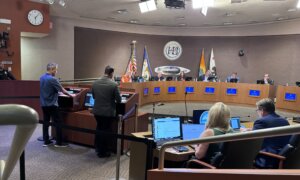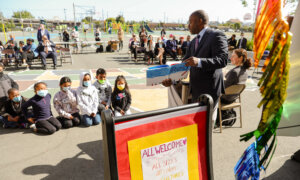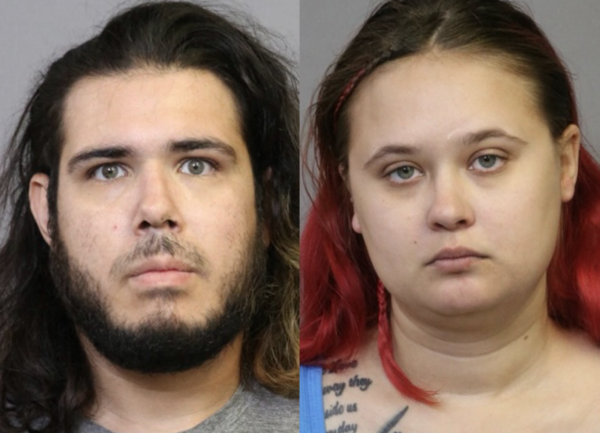The Santa Ana City Council wants to crack down on public intoxication by having police arrest and connect with rehabilitation services anyone who is found intoxicated in public.
Councilman Phil Bacerra introduced the idea for discussion during a July 18 meeting, saying over the years he’s seen people passed out at bus stops, public benches, and public parks in broad daylight.
During the meeting, Mr. Bacerra recounted an experience where he called police after he saw someone passed out on a public bench at 10 a.m. When authorities called him back to update him later in the day, he said, they told him the person on the bench was deceased by the time they arrived.
The councilman then told another story where he witnessed police shake awake a homeless man passed out on a bus stop bench—only for the man to walk to another bus stop bench and smoke what appeared to be a glass pipe after police left.
“I don’t want families or children to experience this,” Mr. Bacerra said during the meeting.
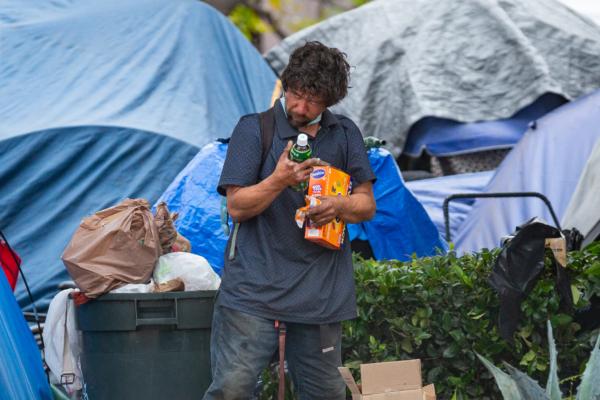
A homeless encampment off Ross Street in Santa Ana, Calif., on May 10, 2021. (John Fredricks/The Epoch Times)
The councilman said the city should take responsibility for its residents’ safety, adding that existing state laws already allow law enforcement to detain publicly intoxicated individuals.
His proposal would direct the city’s police department to “consistently detain” those who violate existing state laws regarding public intoxication, and that, prior to release, those individuals are provided with information on substance abuse services.
Because the issue was only a discussion item, no formal action was taken during the meeting.
Along with Mr. Bacerra, Councilors Thai Phan, David Penaloza, and Mayor Valerie Amezcua supported the item while Councilors Jonathan Hernandez, Jessie Lopez and Benjamin Vasquez expressed opposition.
Opposing councilors argued that many of those who are found publicly intoxicated or passed out are homeless, and that arresting such individuals would make the city’s homeless problem worse.
“The end goal here should not be we’re taking individuals, putting them in jail and they’re going to come back and end up in the exact same spot. That doesn’t solve anything,” Ms. Lopez said. “How are we helping people transition into a better, more sustainable lifestyle here in our city?”
Mr. Hernandez agreed, saying he believed that locking people up would exacerbate the homeless crisis. However, he said he would be open to the idea if it included social workers as part of the strategy for outreach.
Mr. Bacerra said that “housing-first” approaches to homelessness—which prioritize offering housing and shelter to the homeless over other services, such as substance abuse treatments—don’t always solve addictions and other issues homeless people may face.
“The reality is that, if any of us listen to our residents, we know that a lot of people won’t go to our parks because they’re facing folks that are acting erratic, that scare them and make them feel unsafe,” he said. “When people talk about a housing-first model [for homelessness], it doesn’t solve the fact that these folks have some very serious issues that they’re facing.”
City Manager Kristine Ridge said the item would return to the council in the coming weeks—though it was unclear if the item would come back for more discussion or for action.
